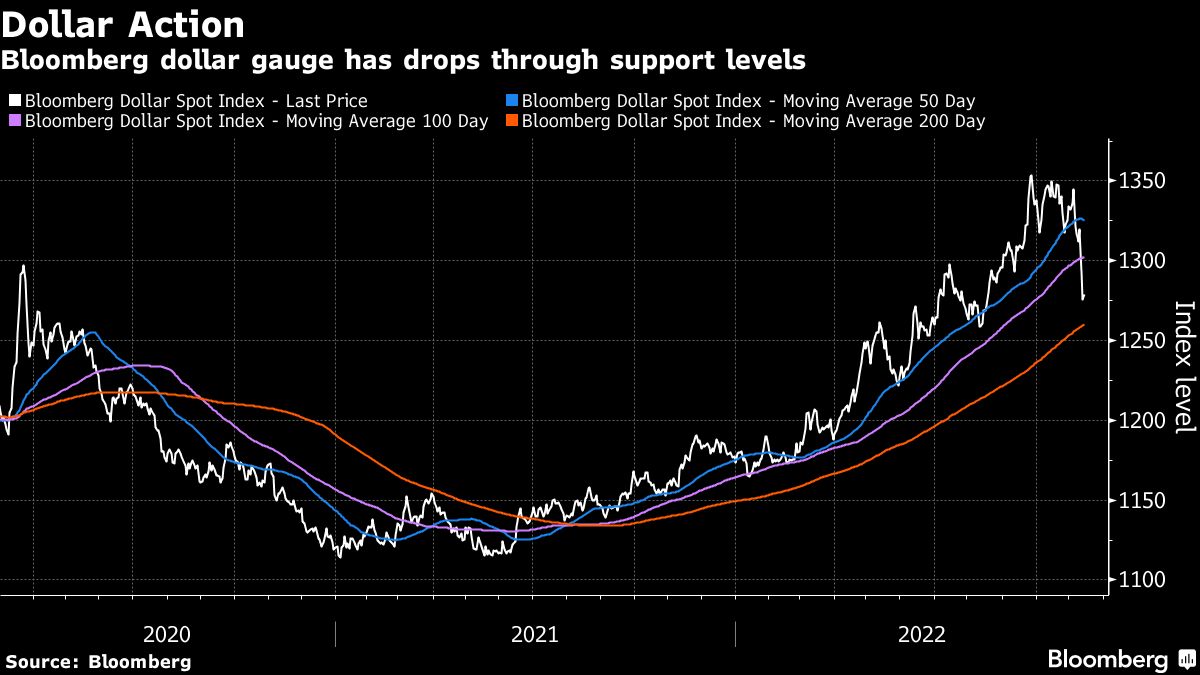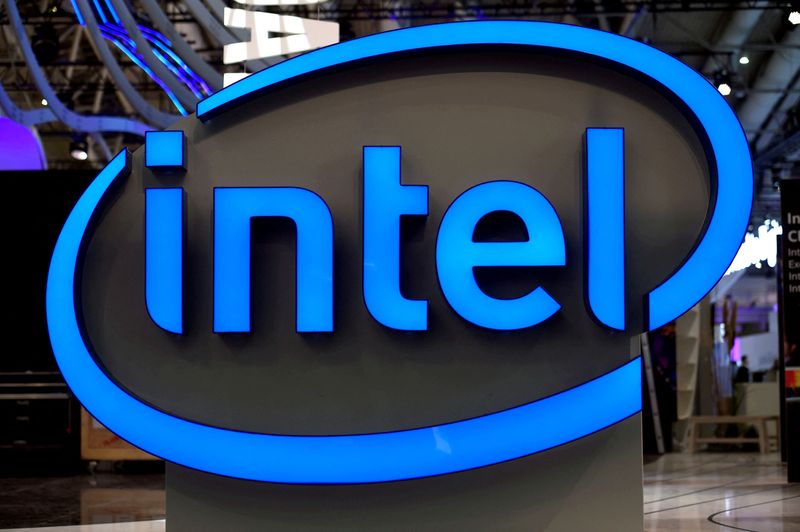In order to have a successful monetary policy, it is necessary to understand what success looks like. I fear that many pundits have the wrong view of success. They envision heroic central bankers valiantly fighting against cycles of too much spending and too little spending.
In fact, that’s what failure looks like. To see why, it will be helpful to first review the famous Newcomb’s Paradox:
Imagine that an omniscient entity puts $1000 into Box A and either $0 or $1,000,000 into Box B. You can choose to take either Box B alone, or both Box A and Box B. It seems like it’s better to take both boxes. But there’s a twist. The omniscient entity (OE) tells you that it can predict your future actions, and if it thinks you will greedily take both boxes, then it will only put $0 into Box B.
There are many ways to think about this paradox, depending on your views of free will, determinism, and omniscience. For our purposes, however, I’d like to explore one particular train of thought.
At first glance, I might decide to take both boxes, because at the point I make the decision, the OE has already put the money into the two boxes. Taking both boxes gives me a higher expected value than taking just one box.
Alternatively, I might fear the OE’s omniscience, and decide that one box is the safer bet. But how do I avoid changing my mind at the point when I make the choice, after the OE has already decided? I do so by changing the sort of person I am at the point where the game is explained to me. I change my personality from a cynical profit maximizer to a sincere and honest person, the sort of person that will always do what he or she commits to do (even if the commitment is introspective, not verbalized.)
According to this interpretation, because the OE is omniscient the only path to success is a sincere change in your personality—a sort of “Road to Damascus” moment in your life. Anything less will be perceived as insincere, and will lead the OE to put $0 into Box B.
Central banks also face a commitment problem. They need to commit to a policy that is something close to NGDP level targeting, and promise to return to the target path if their are deviations. If the commitment is credible, then NGDP will rarely deviate far from the target path. In other words, the economy will magically seem to become almost free of “shocks”.
If the central bank policy is not credible, then NGDP will often wander far from the trend line, and central bankers will be frequently required to fix problems by boosting or restraining growth in spending. If successful in eventually fixing these problems, they become lauded as heroes by a public that doesn’t understand that the so-called “shocks” were caused by previous errors in monetary policy. Even worse, it’s not just that there were previous errors, there was a policy regime in place that made errors much more likely.
In Newcomb’s Paradox, the prospect of taking both boxes becomes frightening, due to the OE’s omniscience. At the point in time when you actually choose, it may be tempting to see the game as one where “bygones are bygones”, as the OE’s decision has already been made. And then grab both boxes. But a wiser participant in the game will fear the omniscience to the OE and stick with their previous internal commitment to take one box.
When inflation overshoots its 2% target, a central bank that previously committed to average inflation targeting will be tempted to abandon the commitment and refrain from bringing the average back down to 2%. After all, the commitment had already done its job and spurred a strong recovery. But if the financial market understands that the central bank is not sincere, then it will fail to move interest rates in the sort of anticipatory way that would prevent the inflation overshoot. The central bank’s lack of sincerity will cause the very problem they are later praised for resolving.
Successful central bank policies don’t look exciting, full of adept and timely actions by central bankers. They look boring, as if the central bank is presiding over a “lucky country” that is almost free of destabilizing shocks. (What did Napoleon say about lucky generals?)
Market forecasts are nowhere near as accurate as my imaginary OE, but they are still the best that we have. Thus I become very frightened when people ask what the central bank should do when things go way off course. The fact that the economy is far off course means that the market has already determined that the central bank lacks commitment to fix the problem. How likely is future success when the world’s best forecaster believes that you will fail? So what should the Fed do when it’s far off course? I’m reminded of what the laconic farmer said to the lost motorist: “First of all, I wouldn’t start from here.”
Australia is often referred to as the lucky country. Apart from a brief Covid slump, Australia has gone more than 30 years without a recession. When I speak to people about this case, they instinctively assume that Australia must be lucky—its economy has somehow avoided being hit by shocks. After all, if you don’t believe that central banks cause our recessions (and most people don’t), then how else can one explain Australia’s success?
In fact, Australia is an unlucky country. It’s a small economy that is highly dependent on the export of a few commodities, which is a highly unstable sector. A lucky country would be focused on a stable sector, such as services. Australia is buffeted by much stronger non-monetary shocks than is the US economy. It doesn’t look that way because we have many more recessions. But that’s because we have had a much less stable monetary policy. Unlucky Australia has outperformed the lucky USA.
PS. Students of history might see an analogy to how we rate presidents. Boring presidents that preside over peace and prosperity (say Coolidge) are placed near the bottom of the rankings by historians. Like economic pundits, historians place active presidents that screw up (say Wilson or LBJ) far ahead of boring presidents that don’t create problems in the first place.
PS. During Australia’s only recent recession, unemployment rose from 5.2% in March 2020 to a peak of 7.5% in July 2020. It was back down to 5.1% by May 2021. That’s far better than the US. Here is Australia’s boring real GDP graph:
PPPS. Others have also argued that success is banal. Here’s what Orson Welles’ character says in The Third Man:
In Italy for 30 years under the Borgias they had warfare, terror, murder, and bloodshed, but they produced Michelangelo, Leonardo da Vinci, and the Renaissance. In Switzerland they had brotherly love – they had 500 years of democracy and peace, and what did that produce? The cuckoo clock.















